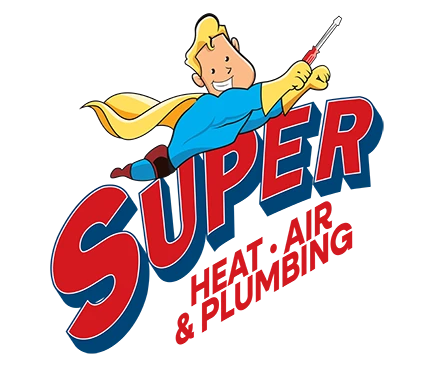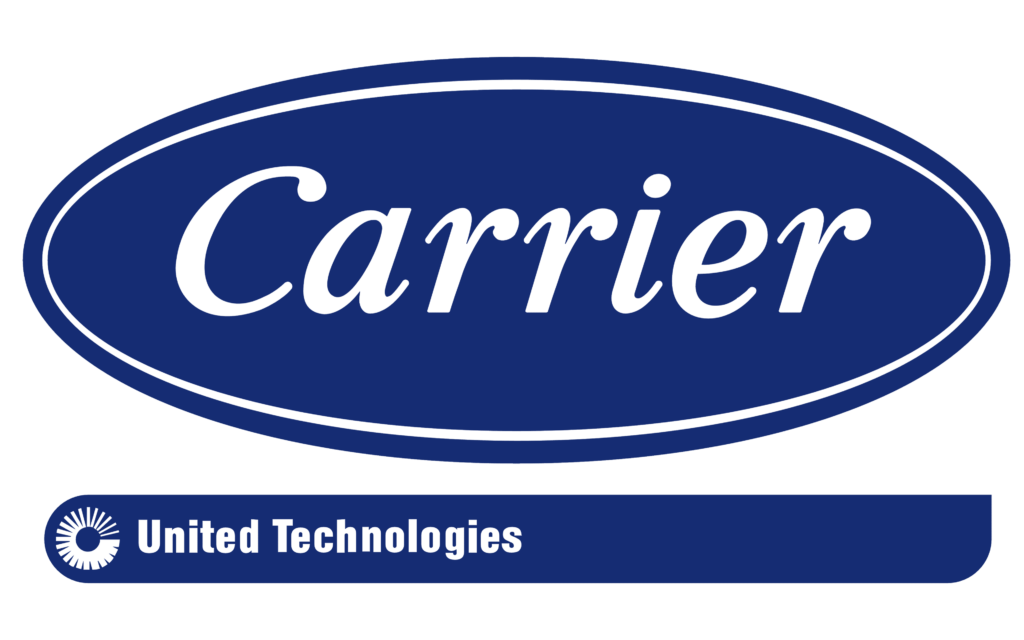When it comes to your HVAC system, understanding the different components is crucial. Two essential elements in any HVAC system are the air handler and the condenser. Below, we will explore the differences between these two units and why it’s important to differentiate between them.
The Air Handler
The air handler is a vital component of an HVAC system that is responsible for circulating and conditioning the air. It contains several key features and components:
Blower motor
Evaporator coil
Air filter
Dampers
The air handler’s primary function is to:
Draw in the return air
Filter the air
Cool or heat the air
Distribute conditioned air throughout the building using the ductwork.
The Condenser
On the other hand, the condenser unit plays a crucial role in the cooling process. Its primary purpose is to dissipate heat from the refrigerant, allowing it to cool down and return to a liquid state. The condenser contains components such as:
Compressor
Condenser coil
Fan
Refrigerant lines
By expelling heat to the outside environment, the condenser enables the refrigerant to absorb heat from the indoor air, facilitating the cooling process.
Key Differences between Air Handler and Condenser
While both units are integral to the HVAC system, there are notable differences between them:
Size: Air handlers are typically located indoors and are larger than condensers, which are usually situated outdoors.
Function: The air handler focuses on conditioning and distributing the air, while the condenser’s role is to remove heat from the refrigerant.
Interaction: The air handler and condenser work together in the cooling and heating process to maintain comfortable indoor temperatures.
Choosing the Right Unit for Your HVAC System
When selecting an air handler or condenser, consider the following factors:
Capacity and efficiency: Match the units’ capacity and efficiency to your HVAC needs.
Professional assessment: Consult an HVAC technician to assess your requirements and recommend suitable units.
Compatibility: Ensure compatibility between the air handler and condenser for optimized performance.
Proper installation and optimization: Professional installation techniques can significantly enhance system efficiency and longevity.
Maintenance and Troubleshooting Tips for Air Handlers and Condensers
To keep both the air handler and condenser in top shape, regular maintenance is vital. Follow these tips:
Air Handler:
Clean or replace air filters
Inspect and clean coils
Check electrical connections
Lubricate moving parts
Condenser:
Clean condenser coil and fan
Clear debris around the unit
Check refrigerant lines for leaks
Inspect electrical connections
Lubricate fan motor, if applicable
Seek professional assistance for issues such as refrigerant leaks, motor malfunctions, unusual noises, or insufficient cooling or heating. Consider an HVAC maintenance plan for regular professional attention and peace of mind.
In conclusion
Understanding the differences between air handlers and condensers is crucial for homeowners and business owners alike. By knowing their roles and functions, you can make informed decisions about your HVAC system. Always consult the HVAC professionals at Super Heat, Air, and Plumbing for expert advice, installation, and maintenance to ensure optimal performance and comfort in your indoor environment.
Contact the experts at Super Heat, Air, and Plumbing today [hls_phone_number]!



